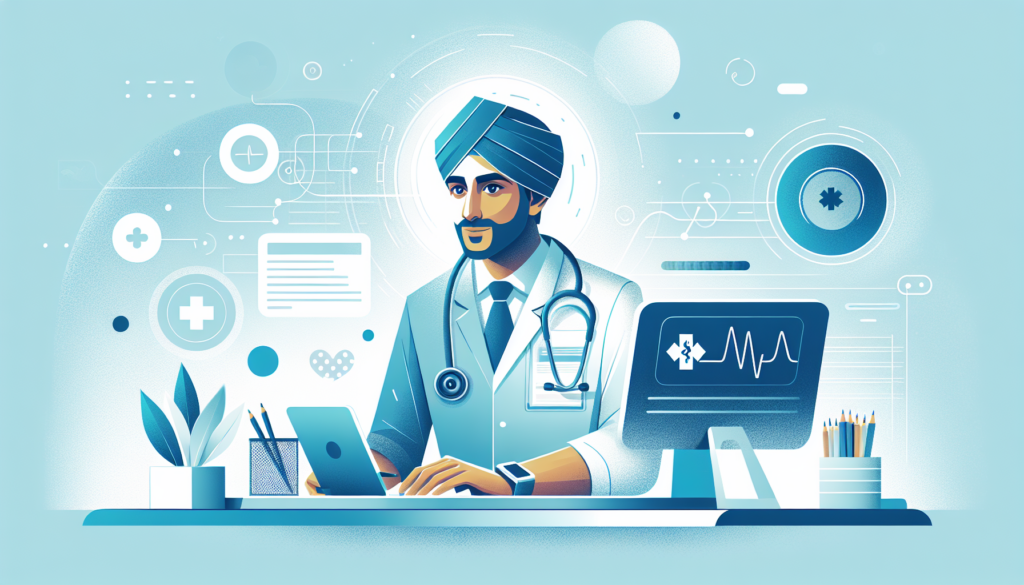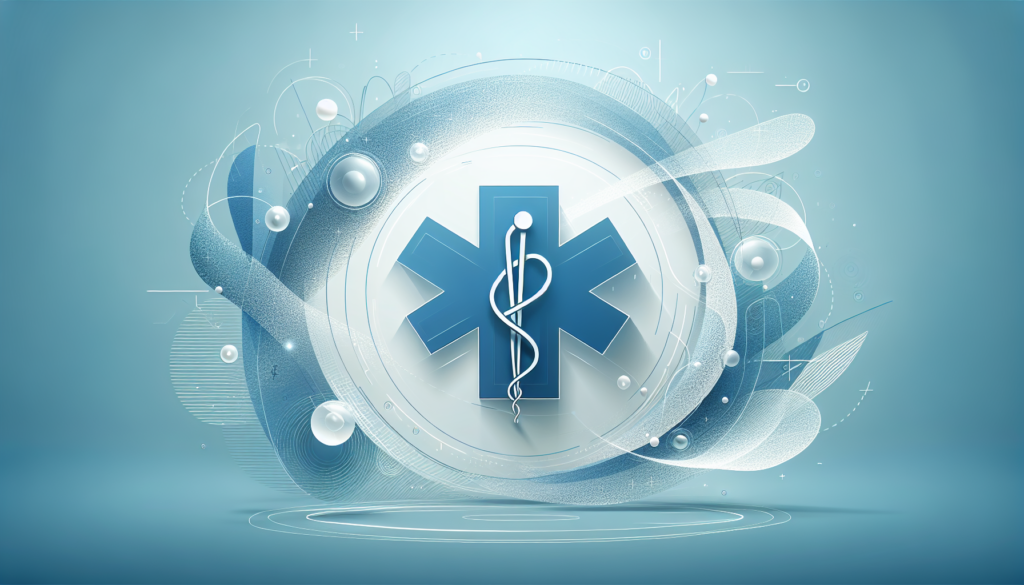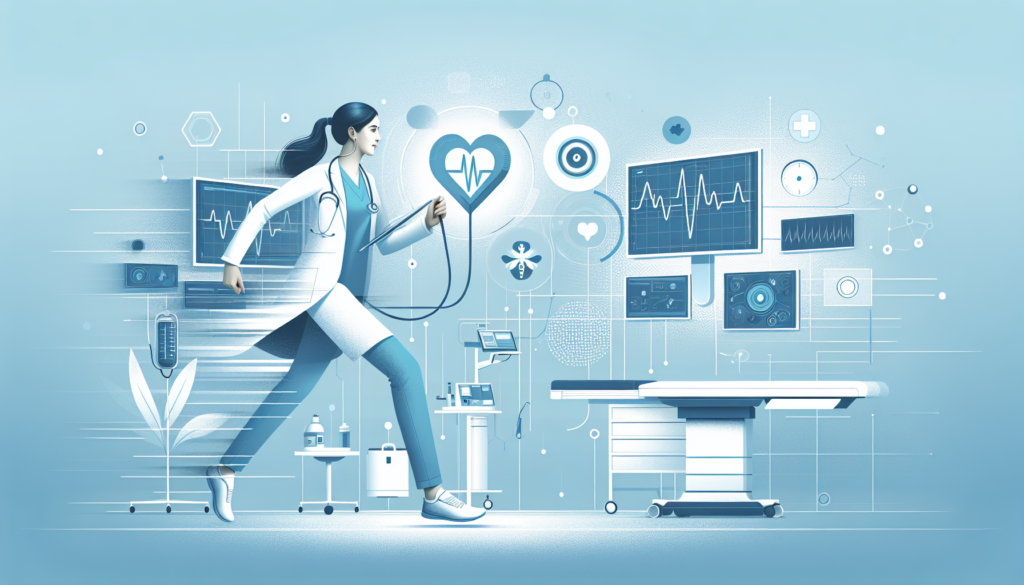Understanding the Role of Medical Transcriptionists
The field of healthcare is ever-changing, and one of the areas that has seen significant evolution over years is medical transcription. Medical transcriptionists have traditionally played a pivotal role in healthcare documentation, converting the voice-recorded reports dictated by physicians into text format. However, the job is meticulous and requires keen attention to detail and a strong understanding of medical terminology to ensure accuracy and reliability of the transcribed documents.
Here are several key functions of a medical transcriptionist:
- Listening to voice recordings of medical professionals.
- Transcribing information into written reports.
- Reviewing and editing draft reports to ensure they match the audio.
- Understanding and using medical terminology correctly.
- Ensuring patient confidentiality and following healthcare compliance.
The Impact of Technology on Medical Transcription
With the advent of technology, particularly in the field of artificial intelligence (AI), the traditional medical transcription process is rapidly evolving. AI-powered tools like Scribemd.ai are taking center stage with their ability to provide fast and accurate transcriptions. These sophisticated platforms can understand complex medical jargon and produce transcriptions that rival the ones done by their human counterparts. This technology not only speeds up the process but also reduces the potential for human error.
Advantages of using AI in medical transcription include:
- Reduced transcription time leading to faster documentation.
- Minimized errors due to advanced language processing algorithms.
- Availability around the clock, thereby improving efficiency.
- Lowered costs by minimizing reliance on manual transcription services.
The Integration of AI Digital Scribes in Healthcare
The integration of AI into the medical transcription process is more than just an incremental improvement; it is a transformative change in how healthcare providers manage patient information. Scribemd.ai, for example, serves as a digital scribe, intelligently listening and capturing medical notes during patient visits. This ensures that healthcare providers can remain fully engaged with their patients, secure in the knowledge that all the relevant information is being accurately documented without any extra input from them.
Here’s what AI digital scribes offer over traditional transcription:
| Feature | Traditional Transcription | AI Digital Scribe |
|---|---|---|
| Speed | Varies, often delayed | Rapid response time |
| Accuracy | Depends on individual skill | Consistently high |
| Cost | Often higher due to labor | More cost-effective |
| Availability | Limited by work hours | 24/7 without interruptions |
| Scalability | Limited | Highly scalable |
Preparing for a Future with AI in Medicine
The prevalence of AI in various industries has prompted a shift towards embracing this technology in healthcare as well. For medical transcriptionists, this means adapting to new tools and software that support their roles. Continuous learning and upskilling become essential as the integration of AI necessitates an understanding of new systems and workflows within the medical practice. As AI takes on more repetitive tasks, transcriptionists can focus on more complex documentation and quality assurance roles within healthcare teams.
Steps for successful adaptation to AI-powered transcription:
- Engage in ongoing education and training in AI transcription tools.
- Develop skills for managing and verifying AI-created documentation.
- Embrace the role changes and opportunities that AI technology provides.
- Understand the ethical and privacy considerations in AI implementations.
Key Takeaways for Embracing AI in Medical Transcription
| Key Point | Details |
|---|---|
| Role Evolution | From manual transcription to oversight and quality assurance of AI-generated documents |
| Technology Impact | AI offers speed, accuracy, and cost-effective solutions |
| AI Adoption | Medical professionals must adapt to and understand AI transcription tools for optimal use |
| AI Benefits | Allows medical professionals to focus on patient care rather than administrative tasks |




AIs cool and all, but wont it phase out traditional transcription jobs? 🤔 Thoughts?
AIs cool, but wont it nudge out human scribes too soon? 🤔🤖🚫
AIs cool, but wont it make med transcription gigs pretty much extinct?